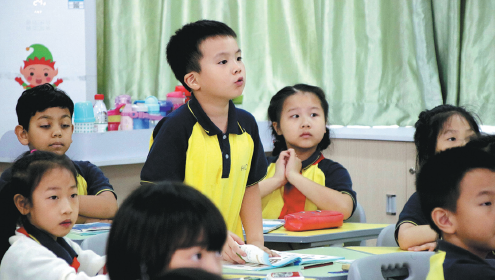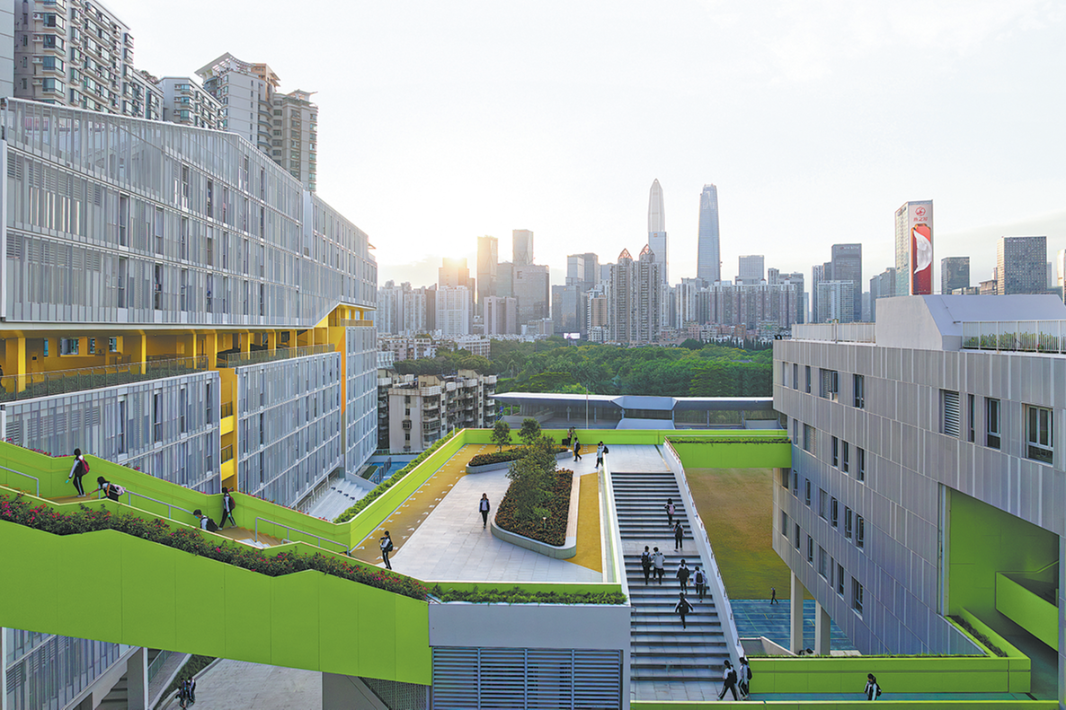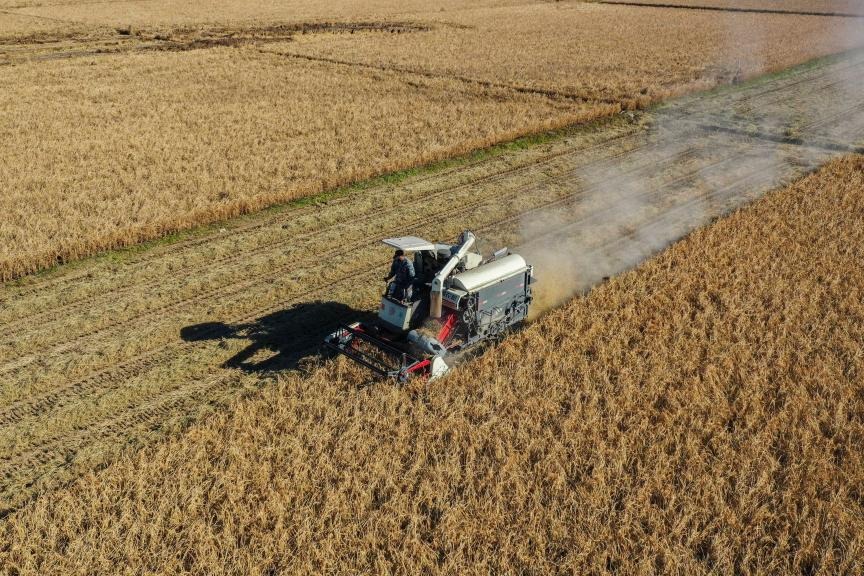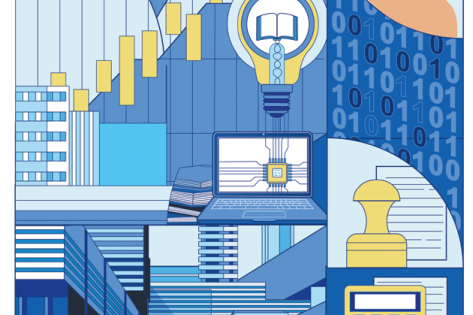Governments must keep a close eye on after-school education centers


Editor's Note: The Chinese people have always attached special importance to education. In the 20th century, China has gone through a long, arduous journey from one-teacher schools to world-class universities and achieved excellence in different fields including science and technology. What will China's education journey be like during the rest of the 21st century? In the ninth of a series of commentaries, a senior journalist with China Daily searches for the answers:
It was a cold Sunday in Beijing, just the right time to savor a couple of shots of Chinese liquor with Mongolian hotpot of mutton. I called several of my young friends to join me for lunch. But to my disappointment, they gave the same answer: Sorry, I am with my child for after-school training.
I realized that nowadays all parents with young kids are busy shuttling across the city to send their children to after-school or special weekend institutes. After math and English classes in the morning, they have to rush to another part of Beijing for afternoon ballet lessons and/or calligraphy courses. And after dinner, the piano teacher…
Both parents and children are exhausted, but all they can do is to complain. After complaining, however, they continue with the same routine. In a country where people attach great importance to education, parents have to make sure their children get the best education and therefore have to follow other parents' example of preparing their kids to excel in all the exams.
When the government eased the family planning policy several years ago allowing all couples to have two children, many expected a baby boom to follow. They were wrong because, according to many surveys, a large number of couples do not want to have a second child as they cannot afford the money or time for their education.
While the nine-year compulsory education is free in China, parents have to pay for their children's non-school training classes, which is about 200 yuan ($31.12) per hour.
Parents' desperation to enroll their children in special classes, however, has boosted the after-school education sector. When the government decided to streamline the education, especially the after-school education, sector several years ago, a nationwide survey was conducted to determine the number of special institutes. Before the pandemic hit the sector, there were about 380,000 such institutes in the country, or an average of more than 10,000 in each province, excluding the unlicensed ones.
Many of these institutes lack the necessary facilities or employ unqualified teachers. Some of them even secretly employ experienced teachers from public schools-which is strictly forbidden-and as a result, such teachers tend to ignore their duties in the public schools and save energy and time to teach in night schools to earn extra money, which is an apparent violation of education code.
Also, there are many institutes that engage in illegal activities. There have been reports of institutes and individuals disappearing overnight after collecting huge sums of money as fees from parents.
Of course, not all special education centers are bad. Some of them have won widespread public acknowledgement and even been listed on the stock exchange-the New Oriental Education and Technology Group and TAL Education Group, to name just two. New Oriental, for example, has hundreds of centers across the country and has guided and trained more than 20 million students. And the TAL group's centers, concentrated in big cities, are favored by youths of all ages.
But even institutes such as New Oriental and TAL draw complaints from parents-that their tuition is too high, between 400 yuan and 500 yuan per hour. A friend told me that he spends about 40,000 yuan on his son's after-school education each year, and that too for only two subjects. But, he added, "that's not much because some people I know are spending more than 100,000 yuan a year"-or the average annual income in Beijing and Shanghai.
Therefore, the central education authorities should take more targeted measures to ensure the healthy development of the special education institutes. Supervision should be tightened to ensure such institutes strictly follow the regulations and to make tuition fees affordable for most parents.
If the government wants to see the healthy development of the special education sector, it has to instruct the local authorities to more strictly implement the regulations in order to make life convenient for both parents and their children.
The author is former deputy editor-in-chief of China Daily.


































